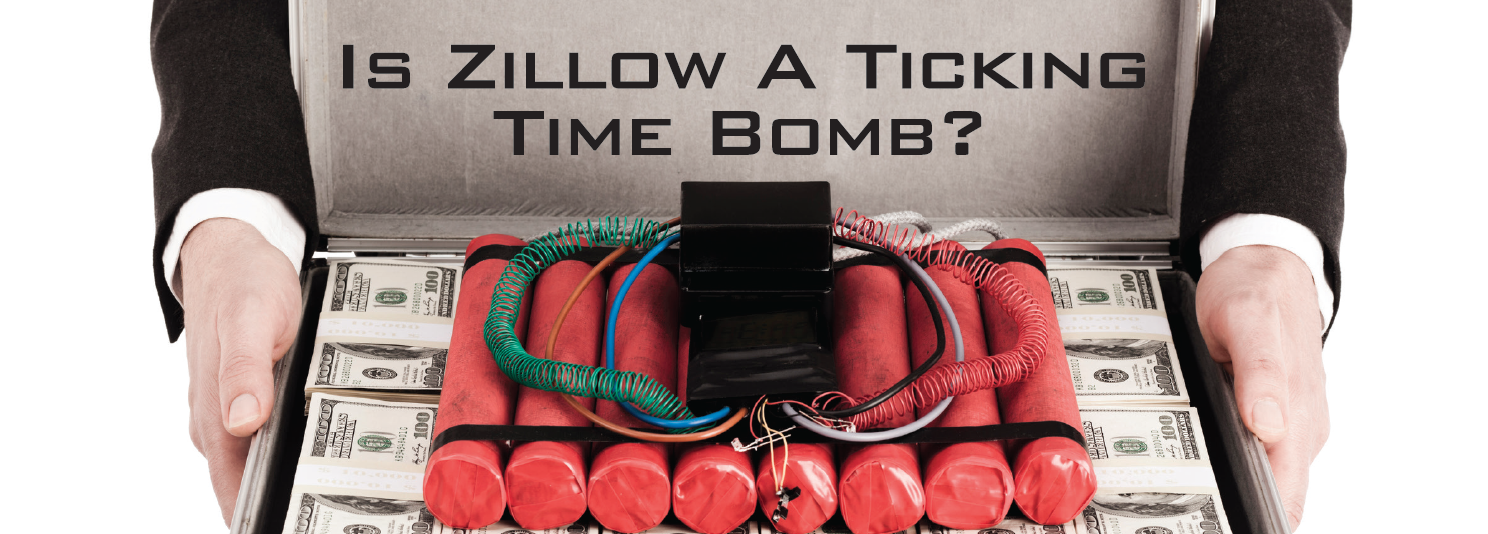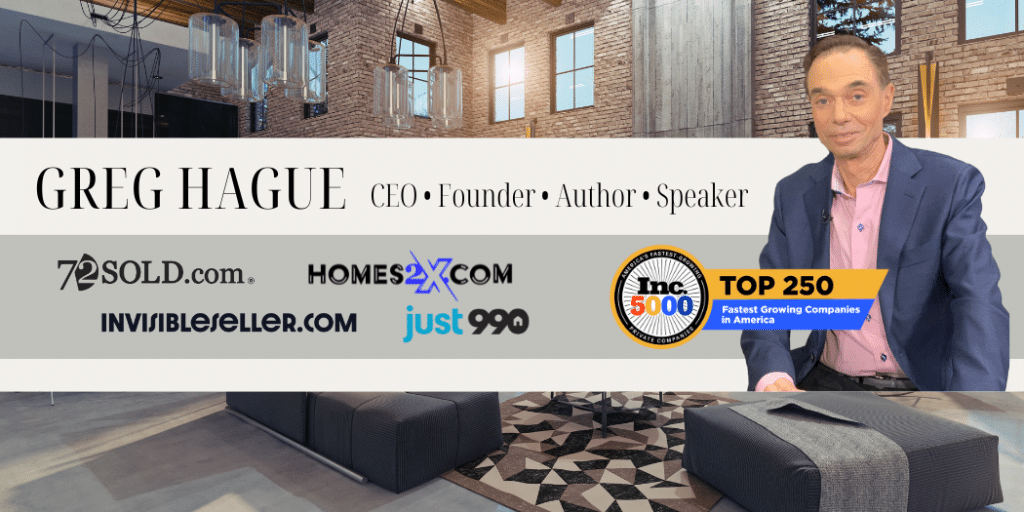“A brand for a company is like a reputation for a person.” Jeff Bezos
Last week I wrote an article about the failure of Zillow’s home buying program, Zillow Offers.
I made the distinction between two business models – those that profit by enhancing lives, and those that profit by taking advantage.
I argued that Zillow Offers was the latter. The company tried to buy homes low and sell them high. How does that enhance lives?
I have identified many instances in the past in which Zillow and firms like it profited by $50,000 to $120,000 per home on modestly priced properties. This represented a huge percentage of the owners’ equity. I doubt those homeowners knew how much they were giving up.
“The essence of lying is in deception, not in words.” John Ruskin
Before Zillow started buying and selling homes, most people thought of it only as a home search website designed to help buyers buy and sellers sell homes.
I disagree.
ZESTIMATES
A few years ago I received this text from my sister: “I hate Zillow. Call me.” Her bank wouldn’t renew a line of credit secured by her home because its value on Zillow had declined. She was livid.
Unfortunately, I hear variations of this story constantly. Realtors and appraisers know Zillow’s “Zestimates” are based on algorithms that can’t take factors into consideration like unique features or recent upgrades. Therefore, Zestimates are routinely inaccurate.
But Zillow’s giant brand gives Zestimate valuations an aura of credibility they don’t deserve. This can be harmful to both homebuyers and home sellers.
A low Zestimate valuation can cause buyers to offer less than a home is worth. A high Zestimate value can cause buyers to overpay for a home. Either way, somebody gets hurt.
Zillow’s CEO, Spencer Rascoff, sold his Seattle home a whopping 40% below his company’s Zestimate ($1.05M sale price vs. its $1.75M Zestimate). It was widely publicized, and an embarrassing moment to say the least.
So why does Zillow continue to tout its Zestimate valuations given their consistent inaccuracy?
One word…revenue.
PREMIER AGENTS
People are naturally curious about the value of their home so they visit Zillow’s website. Then they start looking at homes and perhaps become interested in one.
Zillow then tries to connect them with one of its pay-to-play “Premier Agents.” Here’s the problem…Premier Agents don’t earn the title, they pay for it.
So whether you go to Zillow’s website to check out your home’s value or because you are looking for a home, Zillow tries to turn you into a lead for one of its own agents. Instead of connecting with the listing agent, you end up communicating with an agent who often knows nothing about the home.
This is obviously bad for buyers because they talk with agents who have never seen the house. It’s also harmful to sellers because interested buyers get connected with an agent who knows nothing about their home and may even try to switch the buyers to one of their own listings.
In 2018 the New York Department of State finally cracked down on this practice, saying it was unfair and possibly illegal.
Forbes even ran an article about it entitled Is Zillow A Ticking Time Bomb? in which it said:
“Premier Agent is a program in which real estate agents pay up to have their names, faces and contact information posted alongside listings of other agents. It’s an ad program designed to shove ads into the faces of prospective buyers without them even realizing. When a buyer clicks to contact the agent, the buyer is unwittingly directed not to the listing agent, but to a Premier Agent. The program was set up to make it highly probable that a buyer would contact a Premier Agent rather than the listing agent. If the buyer really wanted to get directly to the listing agent, he’d have to hunt aggressively for the listing agent that Zillow ‘subtly’ included somewhere on the page.”
Inman News also reported: “Since its inception, the Premier Agent program has created a maelstrom of confusion with consumers appearing at property showings expecting to find the listing broker, only to find a Premier Agent. Even worse, buyers have shown up at properties with their broker representatives only to be accosted by a Premier Agent claiming to represent them.”
So Zillow adjusted its model to deflect the criticism but achieve the same result. Now when you look at homes on Zillow you see a “CONTACT AGENT” button instead of photos of Premier Agents next to homes. Fill it out and you are connected with an agent who has probably never even seen the home.
You might wonder why I’m so down on Zillow. It’s because I don’t believe their passion is making their website a better place to buy and sell homes. I think it’s about website traffic and referral fee revenue.
I concluded last week’s article about the demise of Zillow’s home buying business with these words by James Rouse:
“Profit is not the purpose of business. The purpose of business is to provide a product or service that people need, and do it so well it’s profitable.”
This week I leave you with a quote by former Supreme Court Justice Potter Stewart:
“Ethics is knowing the difference between what you have a right to do and what is right to do.”












